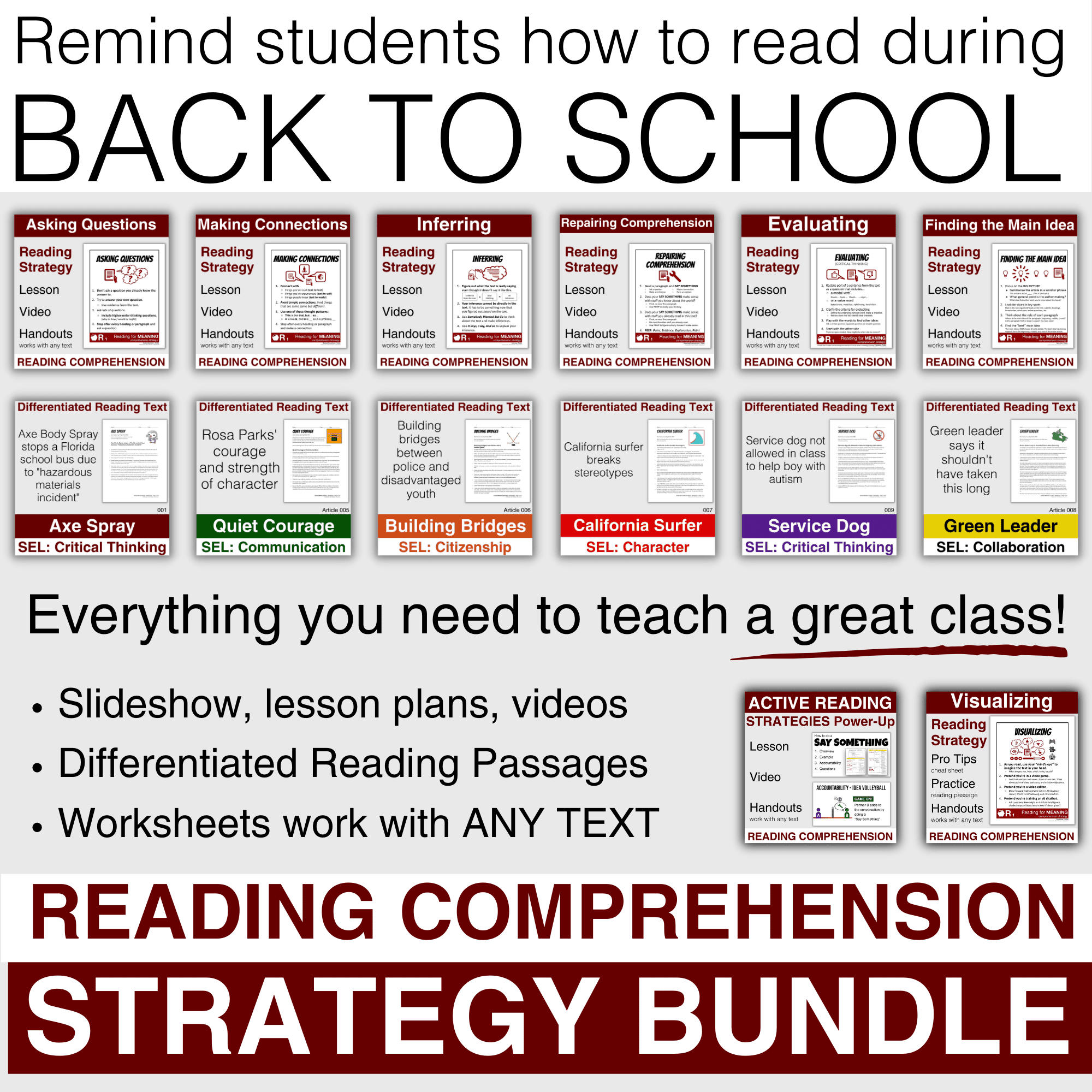Reading comprehension is an essential skill that allows individuals to understand, interpret, and analyze written texts. Strong reading comprehension skills are crucial for academic success, as well as for everyday tasks such as reading instructions, emails, and news articles. Below is a list of key skills that contribute to effective reading comprehension.
Active reading involves engaging with the text by asking questions, making connections, and visualizing the content. This skill helps readers stay focused and retain information more effectively. Highlighting important points, taking notes, and summarizing key ideas are all strategies that can enhance active reading.
2. Vocabulary Skills
Having a strong vocabulary is essential for understanding the meaning of words within a text. Readers with a diverse vocabulary are better able to comprehend complex ideas and nuances in written material. Reading regularly and using context clues to infer word meanings are effective ways to improve vocabulary skills.
3. Text Structure Awareness
Understanding the structure of a text can help readers anticipate the flow of information and make connections between ideas. Recognizing common text structures such as cause and effect, compare and contrast, and problem-solution can aid in comprehension. Paying attention to headings, subheadings, and key transitions can also enhance text structure awareness.
4. Inference Skills
Being able to draw conclusions and make inferences based on information presented in a text is a valuable reading comprehension skill. Readers use context clues, background knowledge, and critical thinking to infer meaning beyond the literal words on the page. Practicing inference skills can lead to deeper understanding and analysis of texts.
5. Critical Thinking
Critical thinking involves evaluating information, making judgments, and forming opinions based on evidence presented in a text. Readers with strong critical thinking skills are able to identify biases, inconsistencies, and logical fallacies within written material. Engaging in discussions, debates, and reflective writing can help develop critical thinking abilities.
In conclusion, developing reading comprehension skills is a continuous process that requires practice, patience, and dedication. By actively engaging with texts, expanding vocabulary, understanding text structures, making inferences, and honing critical thinking abilities, individuals can improve their overall comprehension and interpretation of written material.
